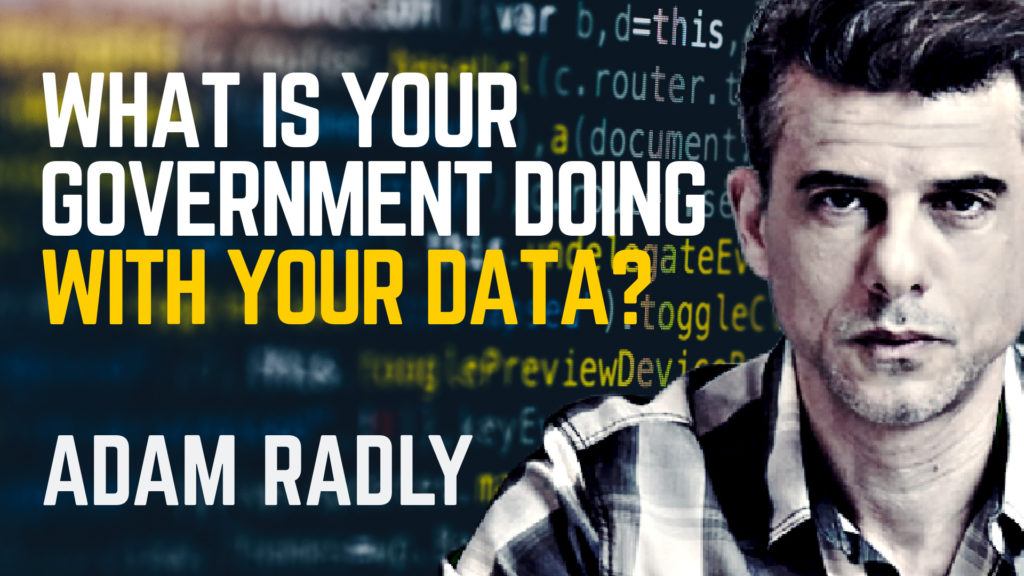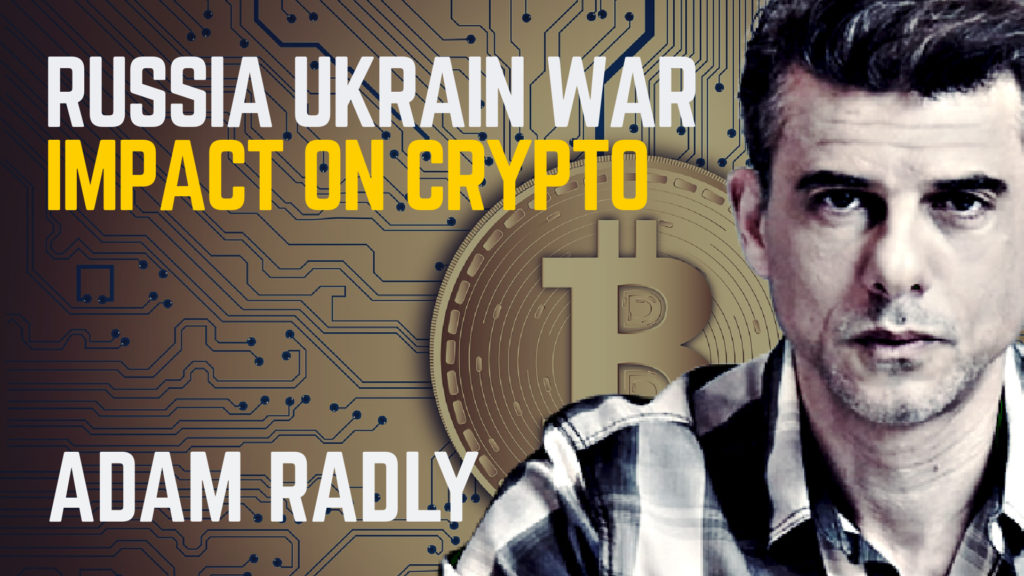Crypto platforms sanctioned if they support Russia? Yes / No
Should a crypto platform be sanctioned if it’s used by a Russian oligarch to hide money? Should a crypto platform be sanctioned if it’s used to support Russia in the war with Ukraine?
Senator Elizabeth Warren is proposing a new law that would sanction crypto platforms in these scenarios. It’s called the Digital Asset Sanctions Compliance Enhancement Act of 2022.
If you could vote directly on this policy, would you vote for it or against it?
Okay, so let’s get clear about what this bill is proposing. According to this article from Coindesk:
“U.S. Sen. Elizabeth Warren (D-Mass.) announced Thursday a new bill to block cryptocurrency companies from conducting business with sanctioned companies.”
“This is a bill that would authorize the president to sanction foreign cryptocurrency firms that are doing business with sanctioned Russian entities and authorize the Secretary of Treasury to act,”
So, how will these people be identified?
According to a draft of the bill, the presidential administration would be tasked with identifying “any foreign person” who operates a crypto exchange or otherwise facilitates digital asset transactions who has also supported sanctions evasion by Russian individuals named to the Office of Foreign Asset Control’s sanctions list.
Any foreign person that facilitates a digital asset transaction? That seems very vague.
The founder of Ethereum is Vitalik Buterin. He’s a Russian-born Canadian. Does he meet the definition of “Any foreign person that facilitates a digital asset transaction”?
If these rules are going to exist they have to be narrow enough to only target people that are doing the wrong thing. They should not be broad and allow the government to target, anyone, whenever they feel like it.
Moreover, the U.S. president could sanction these exchange operators unless there was a national security interest in not doing so.
The U.S. Treasury secretary could also require that crypto exchanges operating in the U.S. not conduct transactions for, or otherwise work with, crypto addresses belonging to people based in Russia if this is deemed to be in the national interest.
This part doesn’t bother me – it seems like a logical extension of the current sanctions against Russia.
The bill seems to extend beyond just Russian sanctions. Another provision would authorize the Financial Crimes Enforcement Network (FinCEN) to identify users transacting with more than $10,000 in crypto.
So this is the part where crypto regulation is starting exactly like the regulation of fiat money in a bank account.
“Not later than 120 days after the date of enactment of this Act, the Financial Crimes Enforcement Network shall require United States persons engaged in a transaction with a value greater than $10,000 in digital assets through [one] or more accounts outside of the United States to file a report,” the bill said.
I’m pretty sure that nobody has any interest in filing reports after transferring $10,000. There are a lot of people that trade that much multiple times a day.
The Treasury secretary would also be tasked with identifying exchanges that could be at “high risk for sanctions evasion” or other crimes and reporting these entities to Congress
“Any exchange included in the report may petition the Office of Foreign Assets Control for removal, which shall be granted upon demonstrating that the exchange is taking steps sufficient to comply with applicable United States law,” the bill said.
So this is literally a case of being deemed to be guilty until proven innocent.
Warren announced the bill during a hearing of the Senate Banking Committee on how crypto might be used for illicit finance.
Prior to the announcement, Warren asked Chainalysis’ Jonathan Levin about how easy it might be for Russian oligarchs to evade sanctions using cryptocurrency.
Okay, so easy or difficult is it for Oligarchs to transfer and hide money in crypto?
Levin, responding to a hypothetical put forward by Warren, said it would be difficult for an oligarch to hide even relatively small sums of money ($100 million worth) because of the different blockchain tracking tools that exist.
Mixing services, chain hopping, and splitting large sums of crypto into smaller sums in different wallets would not help an oligarch hide their activities, Levin said.This is my personal opinion on this issue:
I think it’s obvious that we don’t want crypto platforms supporting Russia in the war but what price are we prepared to pay for doing it?
The average person that interested in crypto won’t care about this because they just want some fake guru to tell them which crypto to buy before it takes off.
The people that actually care about crypto and what it stands for have a different view. These people are interested in crypto because they want their privacy and freedom.
They’re sick of feeling like the government is tracking every minute detail of their lives.
This is what I think will happen. The government will eventually track every crypto transaction that everybody makes and the transparent nature of the blockchain will make it easier for the government to invade even more of your privacy.
So this will create demand for platforms that will allow people to accumulate wealth in jurisdictions that are beyond the reach of their governments. When I say “jurisdictions that are beyond the reach of their governments”, I’m not referring to other countries. I’m referring to parts of the internet that are not controlled by any particular government.
I’ve created a listing on the One Direct Democracy platform so that we can develop ideas about How can the Digital Asset Sanctions Compliance Enhancement Act of 2022 be improved.
You can add your own ideas or vote and comment on ideas from other people. You can also create your own listings for people to vote on. It’s a simple way to get used to using the One Direct Democracy system.
So that’s the summary of the key issues.
If you could vote directly on this proposed policy to sanction crypto platforms for supporting Russia in the war against Ukraine, would you vote for it or against it?
The reality is that we have reached a point in time in our evolution where Representative Democracy no longer serves the will of the people.
That’s why I created One Direct Democracy. It’s a movement for upgrading the global democratic system by taking the power away from politicians and putting it in the hands of the people by using direct democracy.
I’ve created the technology, a framework for direct democracy, and a plan for how to make it happen.
We don’t have to convince any politicians or powerful people to do anything to make this happen. We have the power to do it on our own. We just have to decide to do it.
Direct Democracy is the purest form of democracy. Representative Democracy is an outdated blunt instrument.
Links to related content


